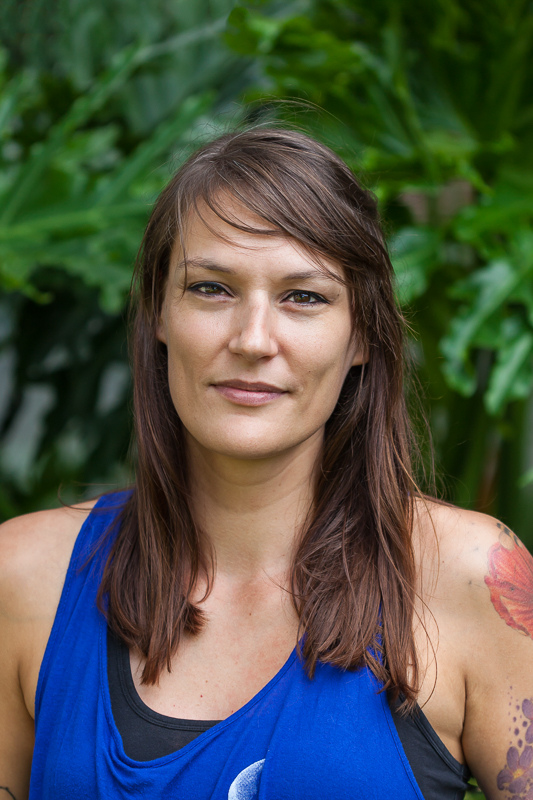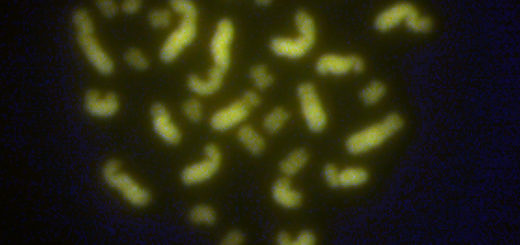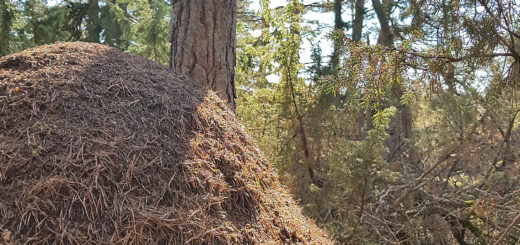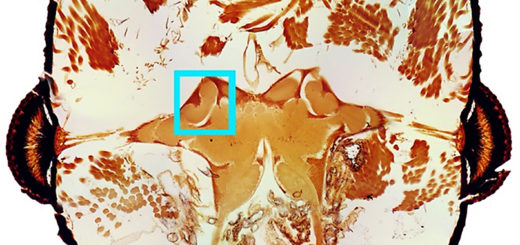Myrmecological News – Best Paper Award 2018

In 2019, Myrmecological News awards for the first time the Best Paper of the previous year. From 7 January to 21 January, the editorial board and the community could vote for their most
It is our great pleasure to announce the winner of the certificate of this Best Paper 2018 and the voucher worth the Article Processing Charge (900 EUR) of a future contribution in Myrmecological News:
“The ants (Hymenoptera: Formicidae) and their parasites: effects of parasitic manipulations and host responses on ant behavioral ecology” by Charissa de Bekker, Ian Will, Biplabendu Das, and Rachelle M.M. Adams
A View by Charissa de Bekker


The review article draws attention to an ever-growing array of pathogens known to elicit altered patterns of behavior in ants. Such behavioral modifications appear to span both host-benefiting responses and parasite-driven manipulations. The paper summarizes the literature currently available on the subject, covering parasites from a diverse range of taxa, and often drawing parallels from other host-parasite interactions to suggest potential genetic and physiological bases for the reported behavioral modifications. Having listed out the major examples and reported mechanisms when available, it discusses the current status of our understanding of such behavioral modifications in hosts and identifies critical gaps in our knowledge. The authors, therefore, suggest the need for a more integrative approach required to tackle outstanding questions in the field. This call is meant to serve as a motivation for myrmecologists around the world to initiate further collaborations with parasitologists, neurobiologists, behaviorists, and others to work on these intriguing and enigmatic problems. It is exciting to see multiple studies already set in motion and more are sure to follow.

Charissa de Bekker,





A very good article! Deserves the title!